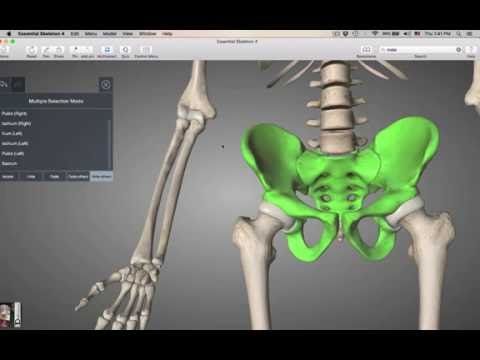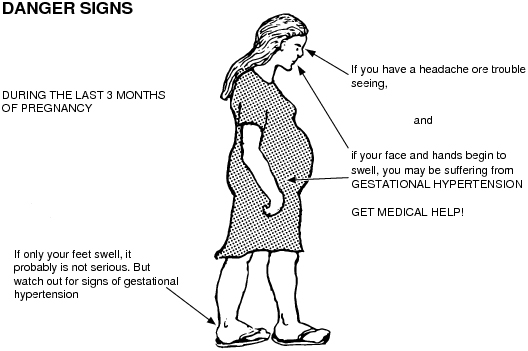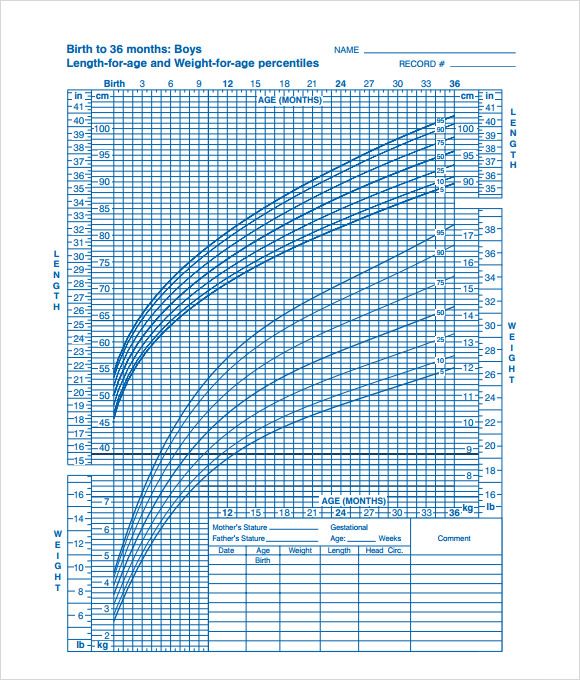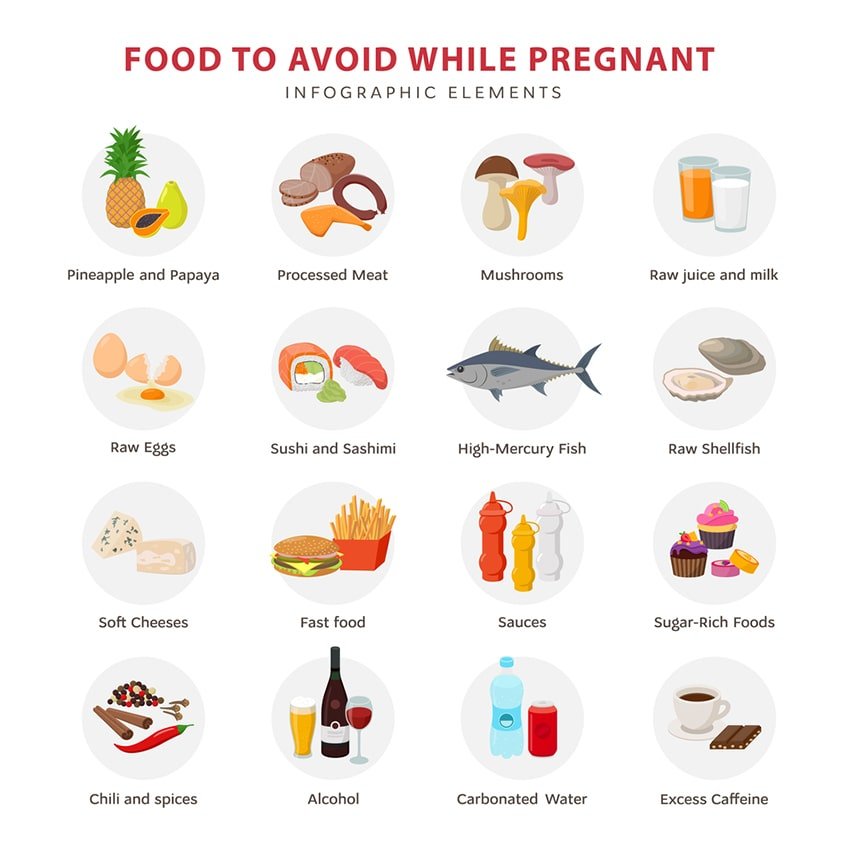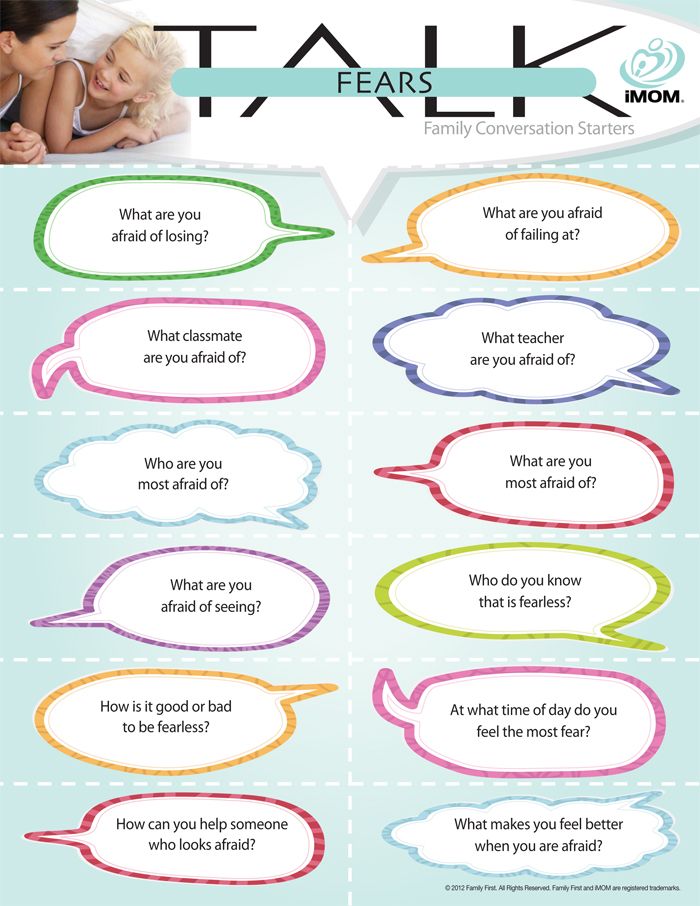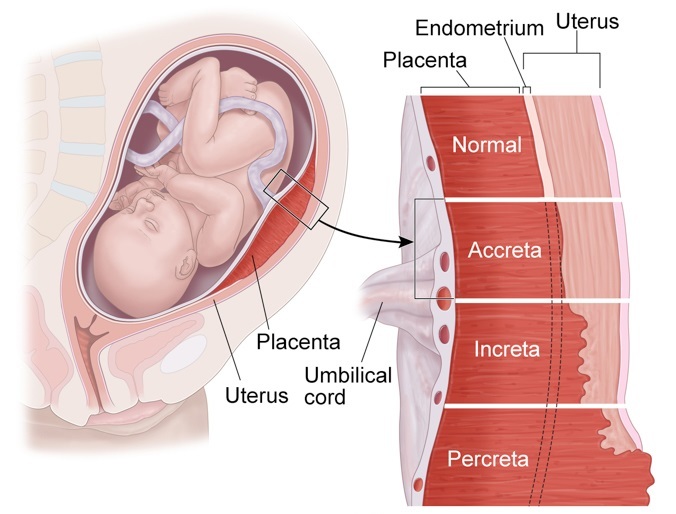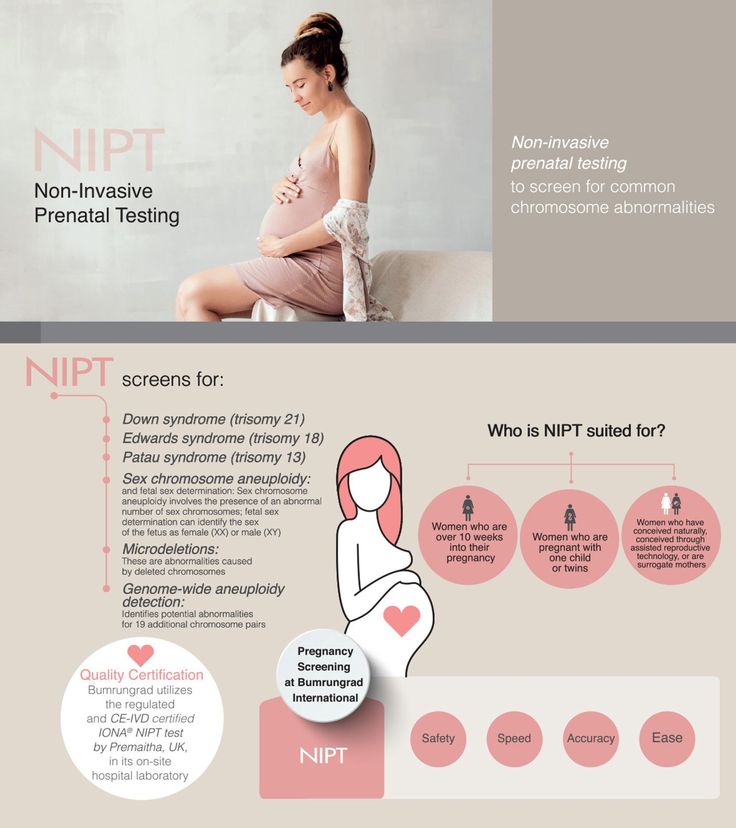How does child birth feel
What does unmedicated birth feel like?
Skip to content
Everyone experiences labor differently, with pain ranging from mild to severe.
It’ll start with waves of contractions. Some people describe the feeling as being like intense period cramps, others say it feels like a tightening or pounding feeling in your uterus or across your belly, others describe the feeling as being like very intense muscle cramps, while still other people describe contractions as being like the sort of wrenching intestinal cramps or gas pains that you might have a stomach virus. Sometimes you can even see these contractions across your belly as the uterus tightens. Some people might also have cramping, pressure, or pain that affects the lower back (called “back labor”), depending on how a baby is positioned, and this can be particularly intense. And some people feel these feelings of cramping, pressure, tightness, or pain in localized areas – the uterus, belly, torso, or back – and others feel it throughout their body. It’s very different for everyone and different with every pregnancy.
Regardless of how it feels for you, these contractions will grow in intensity as you move through labor, and many people find that as things intensify they prefer to move their bodies around in particular ways to try and find some relief – sitting on an exercise ball, getting on all fours, laboring in a tub if possible – or ask their care providers for help with relief. Throughout, some people report that they feel in control and empowered; others feel disconnected, like their bodies take control and do what needs to be done; and some feel a mix of in charge and out-of-body.
When it eventually comes time to push, many people say that they feel a great pressure in the rectal area, as if they need to have a bowel movement. For many people the act of bearing down and pushing also feels like having an intense bowel movement. (In fact, it’s pretty common to actually have a bowel movement during labor, as you use the same pelvic floor muscles to deliver vaginally.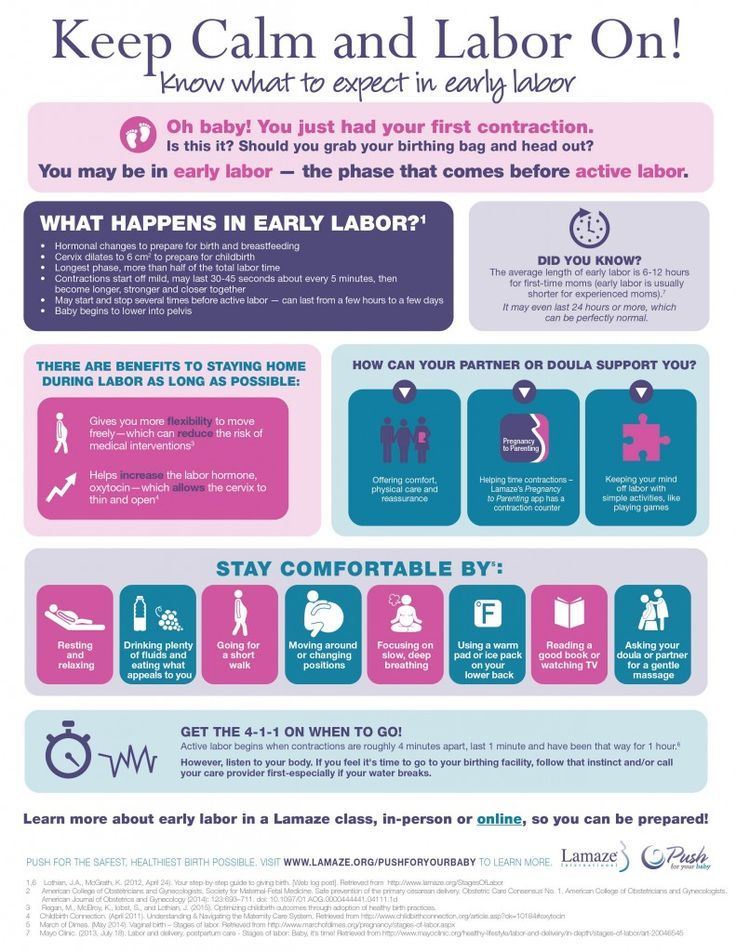 ) Pushing itself can be extremely tiring physically, like an incredibly physically demanding workout requiring intense focus. And despite the great deal of discomfort many people experience before getting ready to push, often the pushing can feel like it brings some relief.
) Pushing itself can be extremely tiring physically, like an incredibly physically demanding workout requiring intense focus. And despite the great deal of discomfort many people experience before getting ready to push, often the pushing can feel like it brings some relief.
Once your baby’s head starts to emerge, or crown, the physical sensation may feel intense in a new way. The crowning can feel like burning, stabbing, stretching, tearing, or intense pressure on your groin area, vagina, and rectum as your baby gets ready to make their way out into the world.
Once Baby is finally delivered, with a great rush, you’ll likely feel a strong sense of relief and even euphoria – brought on by a big release of the calming hormone oxytocin and also because your baby is finally here and you’re mostly done pushing. (You may, however, still need to push out the placenta. For most people, the uterus will continue to contract for some time to help things along, but it’s important that all of the placenta comes out after birth. Following this, you may need to get some stitches down below if you experienced any tearing as your baby was born.) This relief and euphoria will likely last about an hour before beginning to fade, which is when you’ll really start to feel all that your body’s been through. At this point, you’ll have been through a lot. Soreness and pain throughout your body – most notably in your groin, vagina, rectum, and your uterus – is common, as is bleeding from your vagina.
Following this, you may need to get some stitches down below if you experienced any tearing as your baby was born.) This relief and euphoria will likely last about an hour before beginning to fade, which is when you’ll really start to feel all that your body’s been through. At this point, you’ll have been through a lot. Soreness and pain throughout your body – most notably in your groin, vagina, rectum, and your uterus – is common, as is bleeding from your vagina.
One thing’s certain: you’ll be exhausted by the end, but it’ll all be worthwhile once Baby arrives.
Read more
- The Bradley method of childbirth
- Midwives: what they do and what you need to know
Sources
- Mayo Clinic Staff. “Signs of labor: Know what to expect.” Mayo Clinic. Mayo Clinic, 7/18/2013. Web.
- Shannon K. Laughlin-Tommaso. “Does back labor really happen?” Mayo Clinic. Mayo Clinic, 3/14/2015. Web.
- “Hormones Driving Labor and Birth.
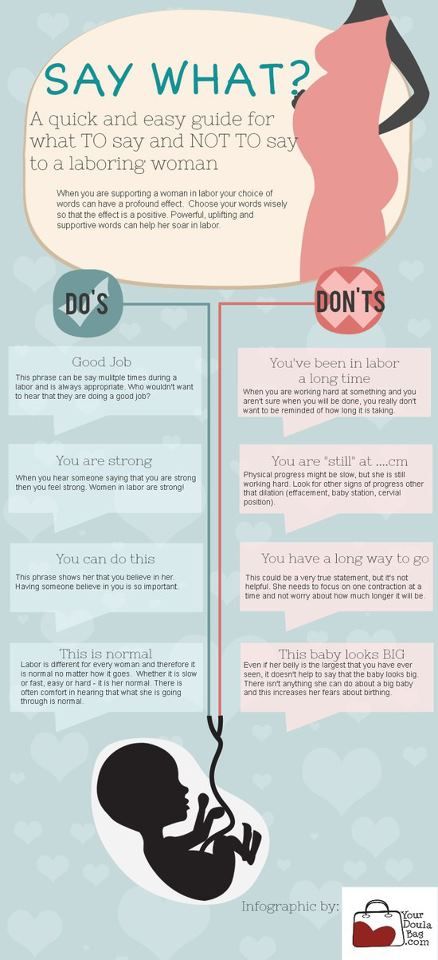 ” Childbirth Connection. Childbirth Connection, 4/11/2011. Web.
” Childbirth Connection. Childbirth Connection, 4/11/2011. Web.
Get the Ovia Pregnancy app
Ovia Pregnancy Journey Get our app at the Apple App Store Get our app at the Apple App Store Get our app at the Google Play Store Get our app at the Google Play StoreHow Painful Is Childbirth, Really?
Moaning, screaming, and cursing. These are some of the pleasant sounds commonly associated with childbirth.
You’ve likely seen birth graphically depicted on television, or if you’re pregnant, all of your family and friends may have decided to share their harrowing birth stories with you. If you’re like most women, this has led to a lot of fear about the amount of pain you’ll face during labor.
Is this really the truth about birth though? How much pain will you actually experience? Can you do anything to diminish that pain? While birth is different for everyone, we’ve got the information, tips, and tricks to help you feel prepared for the pain of childbirth.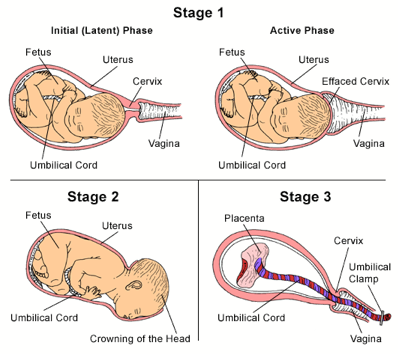
Every person’s experience with birth will be different. Pain is subjective and can vary greatly. This means that you may have a very different pain experience from even your mother or sister.
It’s important to remember that the pain of childbirth is a manageable one, and both medicated and more holistic pain relief measures like visualization and massage are available.
Despite what you may have seen on YouTube or elsewhere, there’s no reliable unit to measure pain. Back in the 1940s, researchers tried to employ a device known as the dolorimeter, which used the heat from a light source, to establish levels of pain.
However, this measurement fell out of favor with growing evidence that pain isn’t solely dependent on an isolated physical sensation. Rather, it’s affected by a person’s fears, mood, memories, and personality, as well as factors like the duration and overall experience of the pain source.
Your healthcare provider will likely ask you to track and quantify your pain by rating it on a scale. They may discuss the intensity of the pain and your feelings about your ability to work through or manage it. This information will help them determine the appropriate pain relief options with you.
They may discuss the intensity of the pain and your feelings about your ability to work through or manage it. This information will help them determine the appropriate pain relief options with you.
Pain is not necessarily consistent during the labor process, and you’ll probably experience breaks from it between contractions or while pushing. Although, you may notice though that it increases after your water breaks or as labor picks up, and that some elements of the pain are temporary while others continue for a period of time after giving birth.
When you think about the pain of childbirth, just remember that it’s purposeful, anticipated, intermittent, and a necessary part of your baby coming into this world!
You can expect to experience a variety of sensations during the end of your pregnancy and labor.
During pregnancy, you may experience Braxton-Hicks contractions, which are usually irregular and inconsistent. They tend to be felt in the abdominal area and make the belly feel tight, causing discomfort more than pain.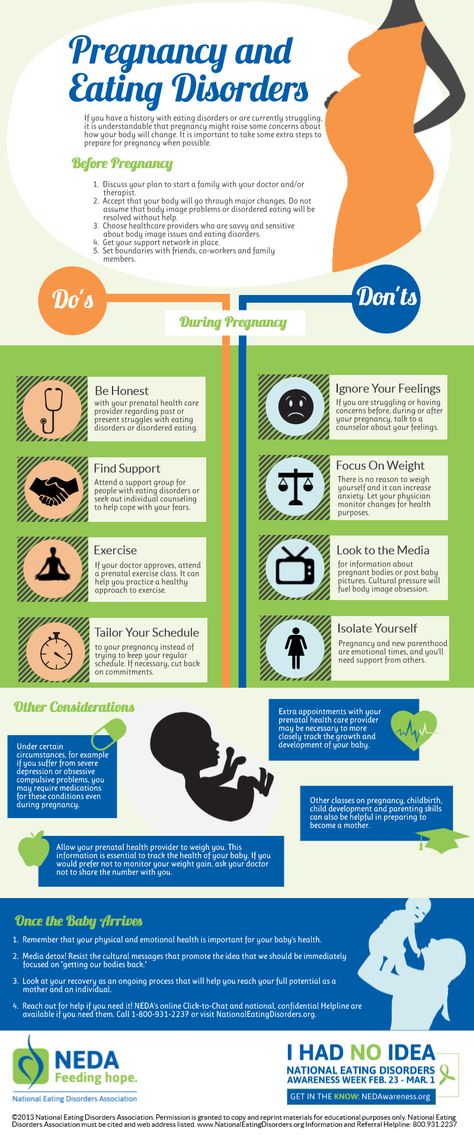
One thing that sets these contractions apart from labor contractions is that they don’t become more consistent, stronger, and longer. (If you would like to reduce the discomfort of Braxton Hicks, you can try drinking some more water, changing position, or resting on your left side.)
Early labor
In the early stages of labor, contractions will increase in intensity and frequency as they fall into a steady pattern.
Early labor contractions will usually cause the abdomen to feel tight to the touch. You may also experience a dull backache, feelings of pressure in the abdomen and pelvis, and sensations similar to those of intense menstrual cramping.
When contractions begin, they may only be 30 to 45 seconds in length with several minutes of rest in between.
Active labor
As labor progresses, contractions may feel like they are wrapping around your body from the back to the front. You may also begin to notice cramping and discomfort in your legs as the contractions become more frequent and last closer to 1 minute in length.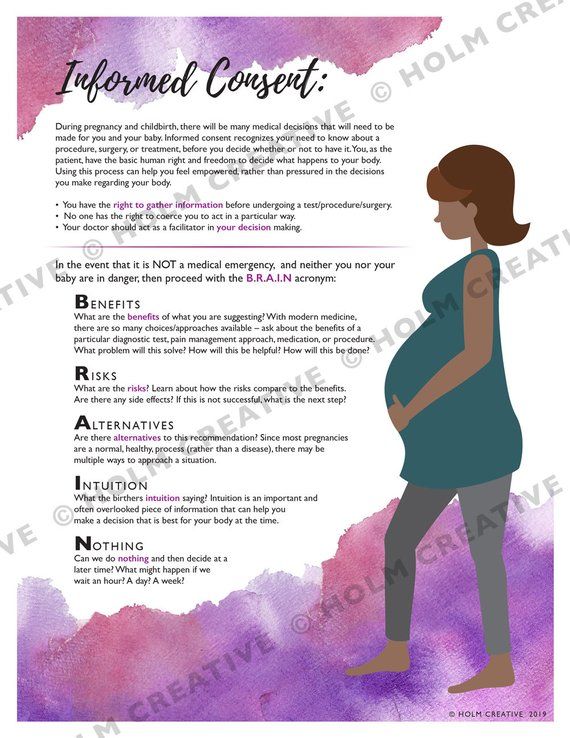
When you’re approximately 8 centimeters dilated, you may have 30 seconds to 1 to 2 minutes between contractions as you prepare to enter the pushing stage of labor. During this time it’s not uncommon to feel lightheaded, nauseous, and have hot flashes or chills.
Pushing
When you are fully dilated (around 10 cm) and it’s time to push, you may feel an intense pressure that feels like you need to poop. You can relax a little knowing that your body is just telling you that it’s ready for you to help push out your baby.
During this period, you’ll typically be instructed to push with the peaks of your contractions. Because you’re pushing with the contractions, many women find these contractions less painful than the contractions helping them to dilate.
Other parts of the experience may also cause discomfort or pain, including an episiotomy or vaginal tearing. You may also feel muscle pain or fatigue from pushing or experience uncomfortable side effects from medications used during labor.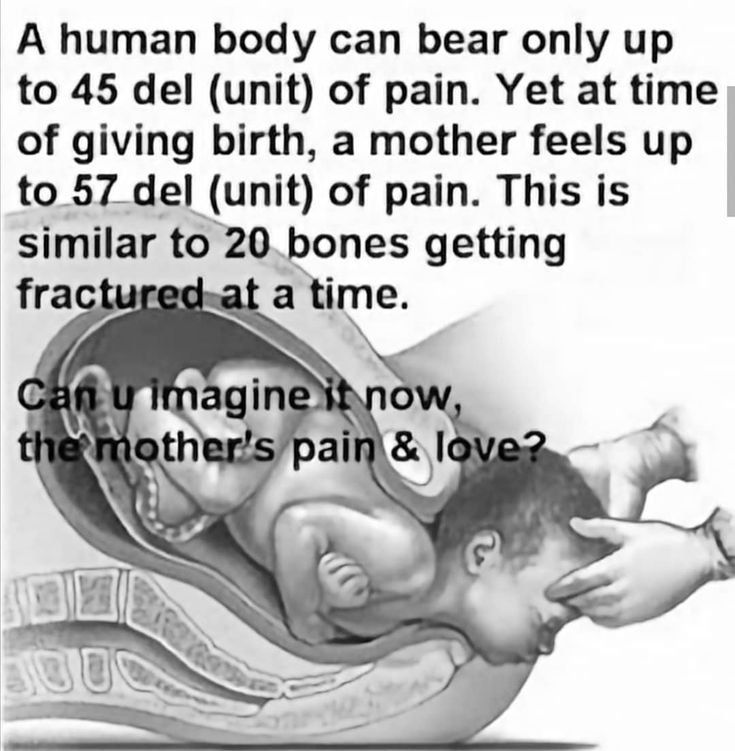
If you’re feeling nervous about giving birth, there are things you can do before and during labor to decrease your pain (and increase your chance of having a positive birthing experience!).
Before giving birth
Exercise frequently
While you may need to modify your normal exercise plan, it’s worth continuing to exercise during pregnancy. Regular exercise during pregnancy not only helps control your blood pressure, mood, and weight but also can help keep your body in shape for the work of labor.
Take a birth preparation class
Knowing what’s ahead can help you relax and feel more comfortable during labor. Most birth preparation classes include instruction on comfort measures during labor, so you and your partner can get ideas and practice before the big event. (While you’re at it, you may also want to sign up for a baby care or breastfeeding class!)
Eat well and take your prenatal vitamins
It’s important to put the right nutrients in your body to help your baby grow properly and give yourself energy for labor.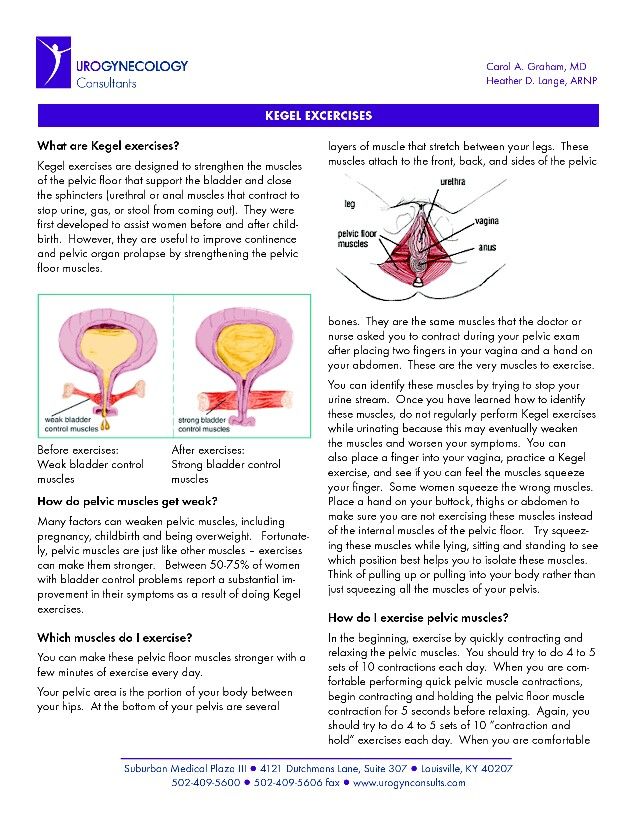
Consider optimal fetal positioning
It’s easier to birth your baby when they’re in an optimal position. If your baby is breech or transverse, you may want to consider actions that will encourage them to shift their position… before you go into labor!
During labor
Pain relief during labor is a personal choice. You can try any combination of the following methods.
Breathing techniques
Whether you choose to follow a particular breathing routine during labor or just need to do some low vocalizations to help you through the more intense contractions, focusing on your breathing can help you manage the pain.
Water
Even if you don’t want to give birth in water, spending some time in a shower or bath can help relieve the pain of childbirth.
Being in water has been found to be particularly effective in the first stage of labor. It can help relieve both pain and anxiety. If you have access to a moveable showerhead, aiming warm water directly onto the lower back may feel especially pleasant.
Massage and counterpressure
Many different types of massage can help manage pain during labor. Foot, hand, back, and shoulder rubs may all appeal to you. One study from 2010 found that a 15-minute massage each hour during labor helped alleviate pain and was even associated with shorter labor.
Additionally, perineal massage can help protect and prepare the perineum for the stretching involved in birthing a baby.
In addition to massage, many women enjoy pressure being strategically placed on parts of their body to help counteract the discomforts they may be feeling.
Music
Music can lower stress and blood pressure. It can also improve your mood! But can it really help with pain during labor? Yes — a large meta-analysis found that music interventions helped alleviate pain and anxiety during labor.
Visualization or hypnosis
Guided imagery, hypnotic tracks, and other visuals can all help relax a mother in labor and relieve pain.
Movement
Walking, rocking on a birthing ball, or even slow dancing with your partner can help labor progress and relieve some of the discomforts you may be feeling.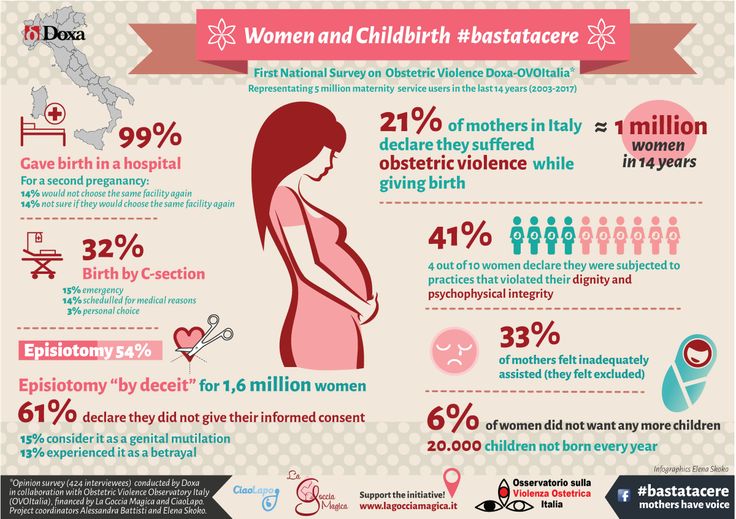
Experimenting with different positions, including sitting, standing, or squatting, may also help reduce pain. One study found squatting offered the most pain reduction, but you can experiment with what feels best for you.
A doula
Research shows that having a doula present at your birth can lead to a better birth outcome. A doula can help with positioning/counterpressure, offer suggestions for comfort measures, advocate for your choices, and help answer your questions throughout the laboring process.
Not sure where to find a doula? Start here.
A TENS unit
Many people have found some pain relief during labor by stimulating their lower back with a transcutaneous electrical nerve stimulation (TENS) unit. (Some hospitals even have TENS devices that you can borrow during labor!)
Aromatherapy
If you’re feeling nauseous or anxious, peppermint, lavender, or some citrus essential oils may provide some relief during labor.
IV narcotics
Intravenous (IV) narcotics offer some of the pain relief of an epidural for a more limited time.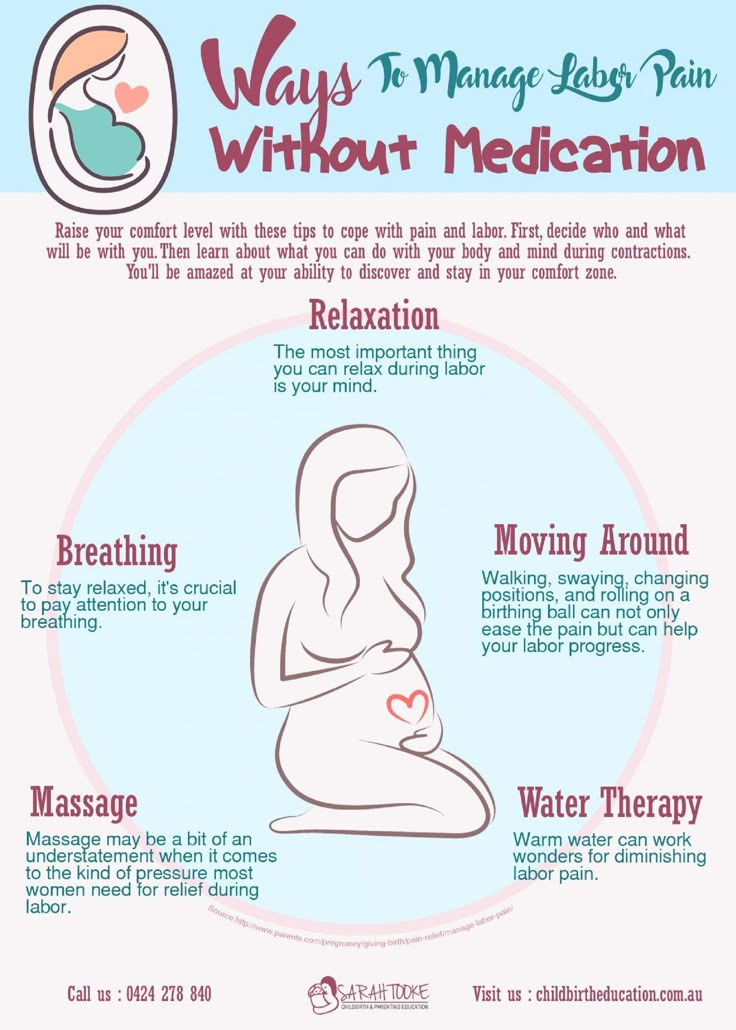 As in the case of an epidural, nausea, headaches, drowsiness, and the transmission of medication to the baby are potential risks.
As in the case of an epidural, nausea, headaches, drowsiness, and the transmission of medication to the baby are potential risks.
For a woman seeking a brief reprieve from the intensity of birth, an IV narcotic can be a very appealing pain relief option.
Nitrous oxide
While you may have seen it during dental visits, in the United States nitrous oxide is less commonly used as a pain relief option during childbirth. It’s a fast-acting option for pain and anxiety relief that doesn’t stay in the system as long as narcotics.
Nitrous oxide has been used for over a century and is generally considered safe for the mother and baby. While it’s used regularly in some locations around the world, you’ll need to check with your provider as to whether it’s available where you’re delivering.
Epidural
The most common pain medication for birthing mothers in the United States, an epidural can relieve the pain a mother is feeling within 10 to 20 minutes. Most hospitals provide epidural analgesia, and if your pain is beyond a manageble level, you can request one.
The vast majority of women who receive an epidural feel pressure and not pain from that point on in their labor. (Many women can even sleep while laboring once the epidural has been placed.)
There’s some risk that an epidural will result in a specific type of headache, pushing may be more difficult, your lower half may remain numb for a period of time after giving birth, or you may react to the medication used in the epidural. Still, many women find that the pain relief an epidural offers outweighs these risks.
There’s no way to know exactly what childbirth will be like for you. Even if you have given birth before, each experience is different. Taking steps to prepare beforehand and using comfort measures during labor can reduce the pain of childbirth.
There’s no reason to be fearful about giving birth. While it’s called labor for a reason, millions of babies are born each year. You’re not alone! Your care provider can work with you to ensure that you have the medication and holistic pain reduction measures you need to handle your contractions.
Childbirth after 30 - articles from the specialists of the clinic "Mother and Child"
Broitman Evgeniya Viktorovna
Reproductologist
Clinical Hospital "AVICENNA" GC "Mother and Child"
According to psychologists, the birth of a child at a more mature age is more favorable than in youth. As a rule, in a couple where parents are over 30, they prepare in advance for the appearance of the first child, and the child is born desired.
In addition, it is by the age of 30 that life experience, wisdom, and psychological maturity appear. All these qualities allow you to calmly relate to your condition, make informed decisions. Psychological comfort for the baby in such a family is provided.
The medical aspects of late pregnancy and childbirth have also improved in recent years.
Previously, there was an opinion that with increasing age, the number of possible complications of both pregnancy and childbirth increases in direct proportion.
However, in recent years this point of view has been refuted by most of the studies. The frequency of occurrence of such pathology of pregnancy as fetoplacental insufficiency (and as a result, intrauterine hypoxia and fetal growth retardation), as well as nephropathy of pregnant women occurs among women over 30 years of age with the same frequency as among younger pregnant women. Moreover, patients after 30 years of age, as a rule, are more disciplined and responsible, better follow the doctor's recommendations. This contributes to the prevention and timely treatment of emerging complications of pregnancy.
It is widely known that the incidence of diseases of internal organs, such as arterial hypertension, diabetes mellitus, obesity, metabolic syndrome, unfortunately increases after 30 years. However, the level of development of modern medicine allows timely diagnosis and treatment of such conditions at the stage of preparation for pregnancy and during it.
A necessary condition in such a situation is careful monitoring of the course of pregnancy, the state of internal organs. If necessary, the doctor prescribes treatment (both drug and non-drug), which does not adversely affect the baby's condition, and at the same time contributes to the normalization of the functions of the expectant mother's organs.
Women aged 35 years and older have a significantly increased risk of having children with a genetic disorder (eg Down syndrome, Edwards syndrome, Patau syndrome, etc.). However, at the present stage of development of medical genetics, most of these diseases can be diagnosed even in the early stages of pregnancy.
Already at 11-12 weeks of pregnancy, ultrasound examination can reveal some malformations and reveal changes that may indicate the presence of a chromosomal pathology of the fetus.
So, the presence of a thickening of the collar zone in the fetus at 11 - 12 weeks of pregnancy in most cases reveals Down's syndrome. The second ultrasound examination is performed at 20-22 weeks of pregnancy. During these periods, it is possible to determine the anatomy of all organs of the fetus, to identify deviations in development.
Biochemical markers of chromosomal pathology are another important method for diagnosing genetic diseases. They are determined in the blood of the expectant mother at 11-12 weeks and at 16-20 weeks of pregnancy.
In the 1st trimester, the concentration in the blood of a protein associated with pregnancy and human chorionic gonadotropin is monitored, in the second trimester - a combination of alphafetoprotein and human chorionic gonadotropin. To make sure that the suspicions are correct, so-called invasive diagnostic methods are used.
This is a chorion biopsy (obtaining cells from the future placenta), which is performed at 8-12 weeks of pregnancy, amniocentesis (aspiration of amniotic fluid at 16-24 weeks), cordocentesis - puncture of the umbilical cord of the fetus (performed at 22-25 weeks of pregnancy).
These methods allow you to accurately determine the chromosome set of the unborn child and speak with confidence about the presence or absence of genetic diseases in him. All studies are carried out under ultrasound control, which allows you to minimize the degree of complications.
It was previously believed that the first birth after the age of 30 years is an indication for caesarean section. Now this position is hopelessly outdated. Most women of mature age give birth on their own. Of course, it should be remembered that in patients of this age category, such complications of childbirth as the development of weakness in labor, acute fetal hypoxia are somewhat more common than in the general population.
In such situations, the doctor in charge of the birth may decide to have an emergency operation. But almost all women who give birth to their first child after 30 years have a chance to give birth on their own.
For a successful course of pregnancy and childbirth, it is more important than for young mothers to monitor their health, carefully follow all the doctor's recommendations. It is also desirable that pregnancy and childbirth be conducted by one doctor who knows in detail all the features of the course of pregnancy and can foresee possible complications of childbirth and prevent them in a timely manner.
Make an appointment
to the doctor - Broitman Evgenia Viktorovna
Clinical Hospital "AVICENNA" Group of Companies "Mother and Child"
Analysis of the binding of spermatozoa with hyaluronic acid (HBA-test)Spermogram analysis and other ejaculate studies and surrogate motherhoodEgg donationFemale infertilityICSIMSIFor out-of-town patientsFor out-of-town patientsArtificial (intrauterine) inseminationHow to become a sperm donor? How to become an egg donor? When is IVF contraindicated? to the IVF program at the expense of compulsory medical insuranceList of examinations before IIList of examinations before IVFIndications for PGDPreimplantation genetic diagnosisPreservation of fertilityOvulation stimulationSurrogacySurgical treatment of infertilityCenter for innovative reproductive technologies0003
By clicking on the send button, I consent to the processing of personal data
Stories of mothers who regret having children
- Jean Mackenzie, Nina Nazarova
- Victoria Derbyshire Program, BBC Russian Service
you to understand the events.
Most parents admit that raising children is hard work. But at the same time, they argue, the joy that children bring outweighs all possible difficulties and problems. However, there are mothers who regret having children. Five women from the UK and Russia told what it's like to secretly repent of your motherhood.
Rachel
"If I could turn back time, I would never have kids," says Rachel, now in her fifties.
She has three children - the youngest of whom is now 17 - and has been a single mother most of the time.
image caption,Rachel admits she didn't think too much about how having children would affect her life
"There were times when I didn't feel mature enough to take responsibility for someone else - this little man who needed me to survive, - says the woman. - It seemed to me that motherhood is an endless cycle: you put a bottle or food in your child's mouth so that it comes out the other end - and at what point should it become fun? I just wanted to scream. If you dreamed of motherhood, then it's great - now you have everything you wanted. But if you do not have a motherly instinct, then you are trapped. "
Rachel admits that she didn't think too much about how having children would affect her life - if she understood this, she would never have given birth.
"But I feel guilty [for thinking this way] because I love my children so much," she says.
"You realize you weren't a good mother and that's the guilt you feel all the time, it never goes away. And you think, do your kids know about this?" Rachel says. to give up yourself and your freedom for their lives?"
The woman says it's hard to admit it to anyone because "people start thinking you're a bad person."
But Rachel desperately needs to connect with women who have experienced the same. "I felt very lonely. It seemed to me that something was wrong with me. If I could talk about it with someone who would understand me, it would be easier for me to cope with motherhood," she explains.
How often does this happen?
It is impossible to say exactly how many women feel this way, because few people talk about it openly.
In 2015, Israeli sociologist Orna Donat published a study talking to women who regret having children. She described these feelings as "an unexamined maternal experience."
Women interviewed claim that this is not the same as postpartum depression.
Alison
"I imagined a happy little family, a house with a garden and kids running to school - a fairy tale," says Alison. She was an adopted child and always dreamed of starting her own family. But having given birth to her first child - a son - she found that she did not experience maternal feelings. Desperate to get out of her new role, she returned to work just six months after giving birth.
Image captionAlison says she didn't know how to play with her child
Skip the Podcast and continue reading.
Podcast
What was that?
We quickly, simply and clearly explain what happened, why it's important and what's next.
episodes
The End of the Story Podcast
"I was thinking about taking the day off and leaving the baby with the nanny so I could have a day for myself," says the woman. "It's not that I didn't want to spend time with him I just didn't know what to do with him, how to play with him."
Alison and her husband did not want their son to be an only child and had another one. Now both boys are studying at the university.
A woman admits that if she had known what her motherhood would be like, she would not have given birth: "Other people's needs and desires come to the fore. The mantra of the last two decades has been: "If everyone is happy, then I am happy." Sometimes it's a bit annoying. I could have had a better career. But for 15 years I took the kids to and from school, it really limited my career growth."0003
Alison emphasizes that she loves her children, but admits that her nature is too selfish for motherhood.
In her opinion, many women don't talk about it for fear of being judged: "They don't want to be seen as selfish. The point is, if you don't want children, then you're a bad mother."
Joy, who gave birth to a daughter 20 years ago, soon realized that she did not want to be a mother. “Everyone talks about the wild fairy-tale love that they experience after the birth of a child. But I didn’t feel anything like that. I only felt a huge responsibility,” she says.
Image caption,Joy claims she lacks maternal instincts
Joy struggles to look at her daughter's first years with love. “It was hard. Everyday hard work,” she recalls. “I think all mothers go through this, I just couldn’t find anything that could give me pleasure. It was dark.”
A woman thinks that she simply does not have a motherly instinct: "I don't seem to have the ability to be a loving, kind and warm mother. For a long time I thought maybe other mothers are just joking when they describe the joys of their motherhood, and one day they will tell the truth?"
Joy says she wanted to get back to work, pursue a career and go into business, and motherhood gave her more trouble. The woman knows that her daughter often doubted her love. "But I love her. It's just that our connection is not so close," she says.
Joy believes that if more women were open about their feelings, they would be less pressured to become mothers. "There are more people like me than you think," she insists. "It would be really great if women were honest with themselves. If taking care of children and family is really important to you, then put your whole soul into it. But if you feel that this is not for you, then do not be afraid and don't be ashamed to stand up and say, "I'm not the type to want to be a mother. I don't want kids."
- Why Chinese mothers don't leave their homes after giving birth
- What does it mean to be a good mother in today's world?
Maria
Similar experiences occur in women of all ages and experiences, regardless of the country of residence.
According to Maria - she lives with her husband and two children in Moscow - in her case they were caused by the very specific nature of the parent-child relationship, where the parent gives more than he receives.
"It is impossible to hide from these relationships or say "not this week" or "not today". and he doesn’t hear at all that mom has a headache or that mom doesn’t want to go for a walk,” the girl explains, “If we talk about the simplest things, now it seems fantastic to me that once I could take a shower whenever I want. Or, say, she wanted to rush to Suzdal and rushed.
According to Maria, neither movies nor mass media show motherhood realistically: they are either ideal women with ideal babies, or caricature tortured mothers, but also without details. As a result, when Maria had a son at the age of 29, she had "expectations of a gift baby."
"What did I think when I didn't have children? I thought that when a baby appeared in my life, I would cook super-healthy deflops with acai berries, and the child would sleep and not shine, and if he wakes up, he will look at the spinning mobile, then I will put it on the developing mat on my stomach, and it will lie and say “aha-aha,” the girl recalls with irony. “In short, I didn’t understand at all that it would be a person who very strong needs and who can do nothing at all to satisfy them. That he will need help to do everything: sleep, eat, poop, play, live. "
Image copyright, George Marks/Getty Images
Image caption,Pop culture, mass media and advertising traditionally embellish motherhood
At the same time, society is very demanding on mothers literally from the first day of a child's life: "When my oldest was born son, he uttered the first cry and continued to scream - he almost does not stop now. And in the middle of the night a nurse ran in the maternity hospital: “Why is he screaming like that? What are you doing with him?" Of course, I immediately felt like a terrible mother."
Due to all these factors, after the birth of her son, Maria developed postpartum depression. "It was unbearable for me to be with a child. From two months he had a nanny six days a week for ten hours a day, and I panicked when the seventh day came, and I had to be left alone with him."
Maria went to a psychotherapist and started taking antidepressants.
“As psychotherapy began to work and my level of awareness in parenthood increased, the nanny worked less,” the girl recalls. “By eight months she stayed twice a week for half a day, and by the year I completely abandoned the nanny, because my boundaries turned on, I realized that sometimes I have the right to refuse something to a child, that sometimes it’s okay to find a compromise. I stopped evaluating myself as a mother: I’m just the way I am. "
According to Maria, the main person with whom she can discuss her feelings is her husband: "He also openly tells me that sometimes you want to turn on the remote control for children and turn them off or cancel them." The girl is quite frank with her friends: “I can’t openly say that I regret that I have children, but I can say: “How cool it would be to go dancing until the morning now.” However, she does not count on the understanding of her parents and assumes that they are likely to condemn such feelings.
Now there are already two children in the family, and Maria was able to find a regimen that suits herself and, thanks to psychotherapy, get rid of shame for her emotions: "The feeling that I regret having children ceases to be predominant, but still this feeling happens And I learned to just accept it and not feel guilty for it."
Image copyright Sean Gallup/Getty Images
Image captionYoung mothers often complain on social media that they can't take a shower or even go to the bathroom alone
Elena
For Elena from St. Petersburg, motherhood turned out to be connected with a "feeling of a cage" and "a virtual ban on oneself."
"In our culture, when a child is born, a woman loses her right to herself and becomes a 24/7 attendant. Both physically and emotionally," says a young mother of two children, eight and one and a half years old.
Elena explains that she repeatedly heard the words addressed to her: "Why did you give birth then?" - "The message is that if you are already harnessed, then you must completely pull everything, and your needs are somewhere in the background. You have no right to get tired. You have no right to your desires. And the worst thing is that the general domestic torture does not even give you the opportunity to remember your desires, and at some point you just stop wanting."
The woman relates this to the fact that caring for children is still considered the prerogative of mothers and, at best, grandmothers, but not fathers. “In words, everything is great, but in reality my husband has his own life,” says Elena. “He goes about his own business and can occasionally come up to pat the child on the head. Yes, he is ready to give all his best and earn money, but the real everyday life is completely on me "To the extent that how to wipe a child's bottom, he does not really understand. Of course, each wiped bottom is not important in itself, but in the end they add up in an endless series."
Image copyright LOIC VENANCE/AFP/Getty Images
Image captionThe traditional division of roles in the family means that caring for children is exclusively a woman's responsibility. As a result, mothers may feel isolated.
In addition, mothers face the specific problems of being "totally overwhelmed". “I can’t stand it when they touch me with their hands. This feeling is very familiar to mothers of young children - a feeling of being touched: when you are constantly touched, pinched, grabbed, someone is always on the handles,” Elena gives an example. “As a result, when a husband comes up and starts stroking my head, I just clench my teeth and wait for it to end. It is extremely difficult to explain this to a person without children. And most importantly, they will immediately ask me - how is it, these are your children, you love them, they are the same miraculous?"
A young woman admits that she now perceives even the pleasure of communicating with children as “a little Stockholm syndrome”: “I can’t do anything, I just completely lost myself, I don’t understand what I want, what is happening around me the only desire is to hide somewhere and sit for five minutes so that no one touches me with their hands. But they are wonderful, but this is happiness. "
At the same time, according to Elena, until recently she could not even admit such feelings to herself, because "there is a huge taboo inside." The culture in which Elena was brought up implies that "children are automatically happiness, this is the main thing that we have in life, the most important thing.
